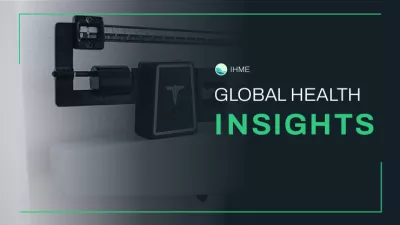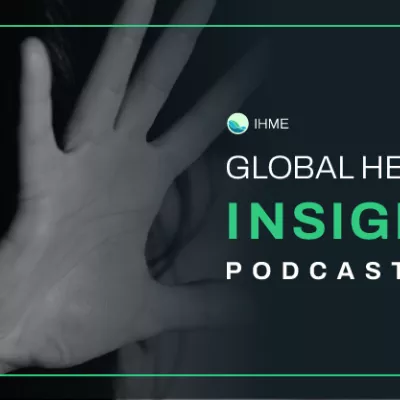Burden of Proof
We investigated which health recommendations have the biggest impact, so everyone from health-conscious individuals to policymakers can understand the strength of evidence behind certain risks and outcomes.
Photo by Ari Jalal, Reuters.
What is the Burden of Proof?
In the Burden of Proof study, we examine all the available scientific studies on different pairs of risk factors and health outcomes – such as smoking and lung cancer, diet low in vegetables and type 2 diabetes, and high systolic blood pressure and ischemic heart disease. We then assign a star rating to show how strong the link is between the two. A 5-star rating means there is very strong evidence that the risk factor and health outcome are connected, while a 1-star rating means there is not enough evidence to determine if there is an association between the two.
The Burden of Proof ranks pairs of health risks and outcomes from 1 to 5 stars, indicating the strength of evidence that they are connected.
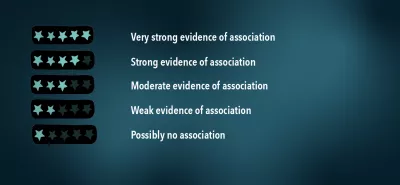
Key findings
What risks have the strongest, most consistent evidence across studies?
Smoking increases the likelihood of getting or dying from lung cancer by more than 85%
We studied the relationship between smoking and 36 health issues, and found a 5-star relationship between 5 of them, including lung and laryngeal cancers.
The strength of evidence for the associations between smoking and its leading health outcomes are among the highest currently analyzed in the Burden of Proof.
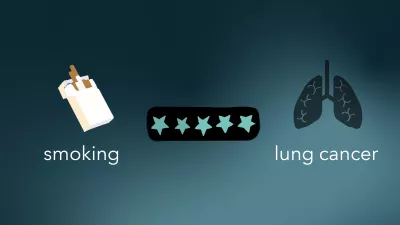
High systolic blood pressure increases the likelihood of getting ischemic heart disease by more than 85%
Our research shows a strong relationship between high systolic blood pressure and ischemic heart disease.
Screening for hypertension and implementing treatment plans to prevent high blood pressure should be an important priority for health communities.
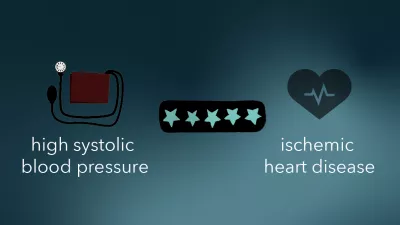
Low vegetable consumption increases the likelihood of having an ischemic stroke by 15-50%
The evidence is not overwhelming that low vegetable consumption is associated with ischemic stroke, but it is stronger than many other pairings.
There is less evidence that low vegetable consumption impacts health issues like ischemic heart disease and diabetes.
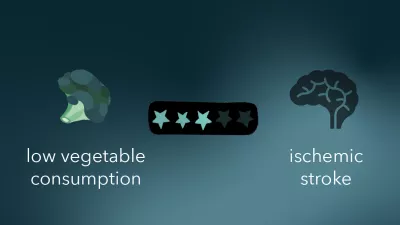
Eating less unprocessed red meat may have no effect on the likelihood of having an ischemic stroke
Studies on the connection between red meat and ischemic stroke have produced inconsistent results. The 1-star rating indicates that more research is needed to fully understand the relationship between this risk and health outcome.
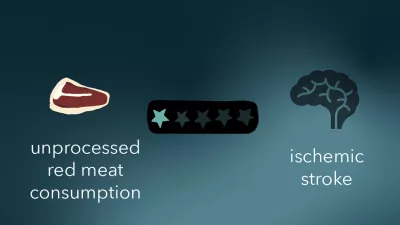

Dr. Emmanuela Gakidou, Professor of Health Metrics Science
"What we are hoping to catalyze here is more research into the areas where we have a lot of unknowns. So the one- and the two-star pairings are areas of work where we hope to see a lot more evidence being generated."
Explore all the available data on strength of evidence for risk-outcome pairs.

Want help using the data visual?
The tool currently displays risk-outcome pairs related to the Burden of Proof manuscript and related risk-outcome score papers. There will be a second release that will include a larger set of risk-outcome pairs at a later date.
- Download the data as a .csv in the top right corner of the tool
- Watch our video tutorial (available in multiple languages)
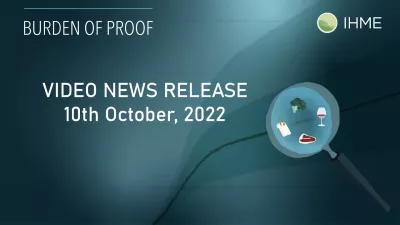
IHME researchers introduce the Burden of Proof study in a video news release.

